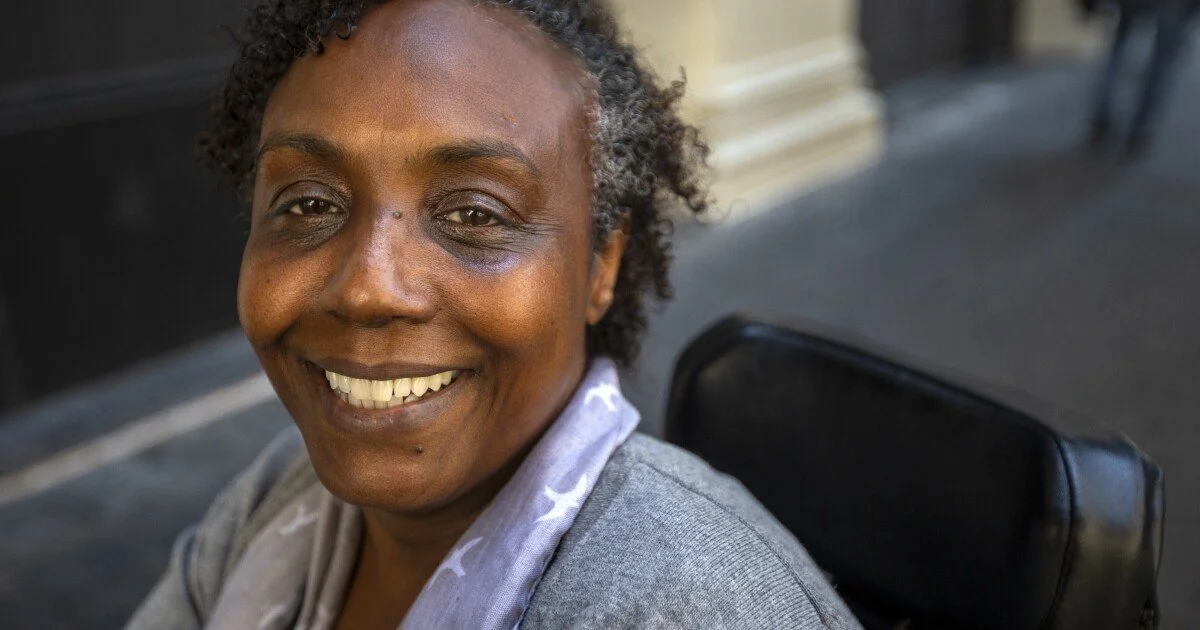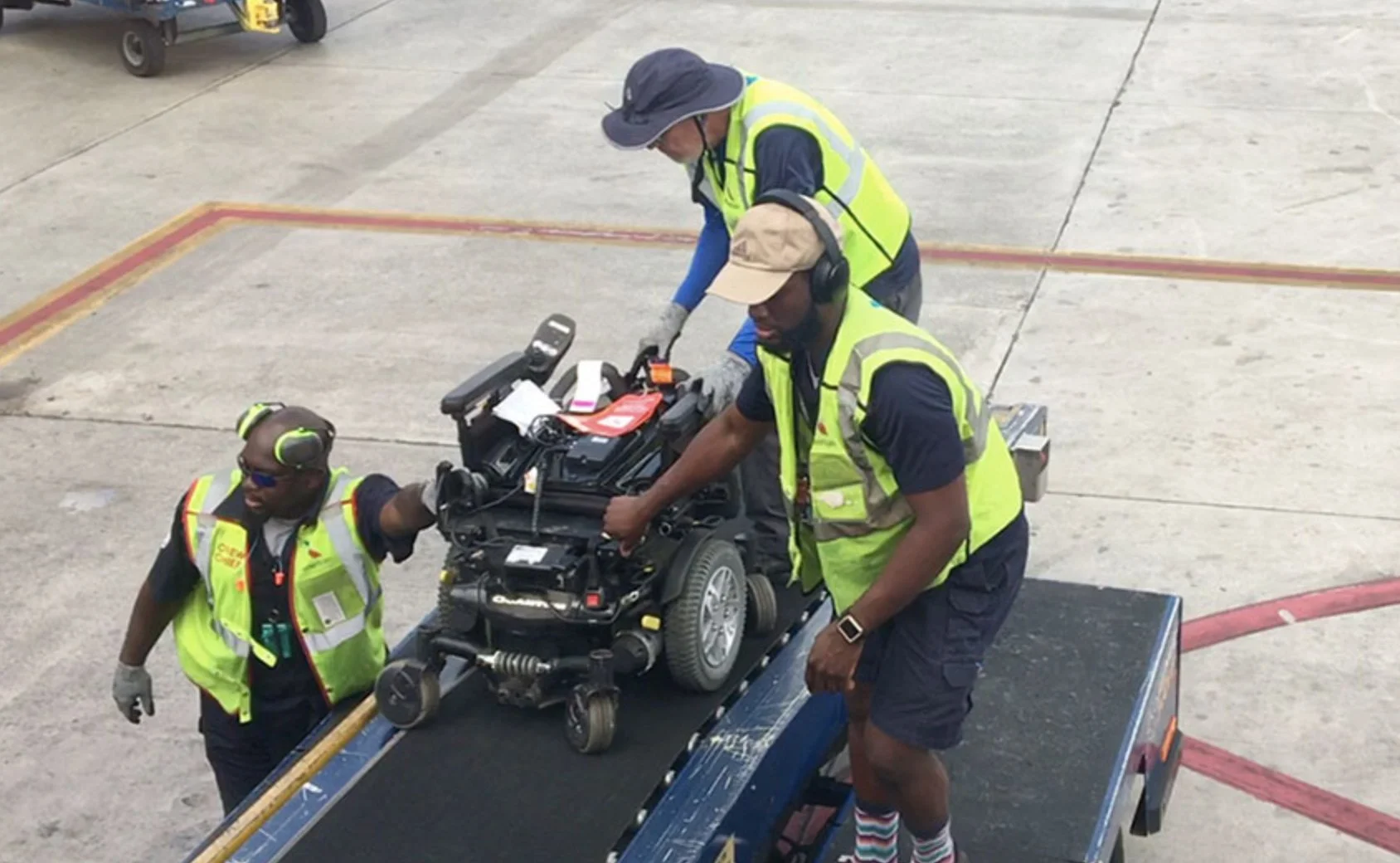The Nuanceletter: June Edition
What you need to know
Ableism is Alive and Well in the Travel Industry
TL;DR:
What’s going on?
On the 31st of October 2021, Engracia Figueroa passed away. Her death shook the disabled community around the world. It was needless and preventable - she died as a direct result of United Airlines damaging her wheelchair.
What many non disabled people don’t understand is that wheelchairs are like an extension of disabled person's body - they are, essentially, their legs. And because of that, many wheelchairs are specifically customised and designed for that person's body. They cannot be replaced by simply buying another stock wheelchair - the same way you can’t buy another stock pair of legs.
Figueroa’s wheelchair was custom-designed to support her spinal cord injury and her left leg amputation. When United Airlines damaged Figueroa’s wheelchair, it led to her having gastrointestinal issues, as well as her developing a skin ulcer.
The airline refused to pay for a new wheelchair, only offering repairs. But repairing a wheelchair that is custom-designed with electricians is a risk and poses a fire hazard. When they did finally agree to replace the chair, it was too late. The toll on her body had been too great, and she died because the skin ulcer that formed from not having her wheelchair became infected.
On June 4th, Victoria Brignell, a British citizen, was left on a plane at Gatwick airport for over an hour and a half. Brignell is paralysed from the neck down, and she made sure to book help 3 months in advance, and to remind them that she would need assistance 3 weeks before her flight. Despite her efforts, which should be unnecessary, she was still left waiting long after the plane had landed.
The treatment of disabled people while they are traveling is appalling, and is years behind where it should be. Travel is an area that seems to be getting worse for disabled people - not better - and we need to see change.
Something to learn.
Let’s talk about ableism in the travel industry, some facts and statistics about wheelchair damage, and how we can help.
Something to do.
The United Spinal Association and the Paralyzed Veterans of America both have automatic emails you can send to congress to get the Air Carrier Access Amendment Act passed.
You can click here:
And here:
To send those emails right now.
We have also written an email that you can send to airlines, to demand change for disabled people who are flying with them. Just copy and paste the email below, fill in the blanks, and send it to any airline that you regularly use.
Something to share.
Here are some blog posts by disabled travel bloggers and influencers that you can share.
Something to say.
Sometimes the hardest part about learning stuff like this when others don’t, is not knowing what to say when people say ableist comments around us. We’ve created some kind but firm rebuttals for you to use.
-
While parking in a disabled spot may be easier and more convenient for you, it's not a matter of convenience for a disabled person but a matter of accessibility. You want that parking space, but they need it - and putting your wants above somebody else's need is entitled and wrong.
-
Disabled people are people. They are deserving of the same rights, respect, and life experiences as non disabled people. This kind of comment perpetuates ableism and infers that disabled people are not worthy or do not deserve to enjoy life the same way that non disabled people do.
-
It's only okay to use the term “special needs” when this is what a disabled person prefers to use, or asks to be called. Otherwise, in general the disabled community takes issue with the term, and their wishes are more important than your opinion on it. The reason that the disabled community don’t like it is because the needs of disabled people are not special. They have the same needs as non disabled people: to eat, to sleep, to move around, to communicate…to enjoy life!
Systemic ableism exists in all of our built world - whether it's on an airplane or at school. A lot of the time, non disabled people can move through life and not even notice the discrimination and lack of accessibility because they aren’t directly, or indirectly, experiencing it. Reading this, my hope is that you start to see how the everyday activities you do - like taking a train, or walking up the stairs to your favorite restaurant - are not simple and thoughtless for the disabled people around you. We deserve better - we deserve to live in a world that accommodates for everyone and I believe that one day we will get there.
There you go - you just learned about a social justice + disability rights issue, you learned about how it connects to stigmas and implicit bias that disabled people deal with on a regular basis, and you saw how easily that implicit bias gets turned into systemic ableism, AND you were given the tools you needed to use your voice and make a difference for the disabled community.
This would have taken you hours of research and learning to do on your own and our team was able to make it all digestible and actionable in less than 10 minutes in total. If this is the kind of work you want to support please consider spreading the word about the Nuanceletter and encouraging others to sign up.





